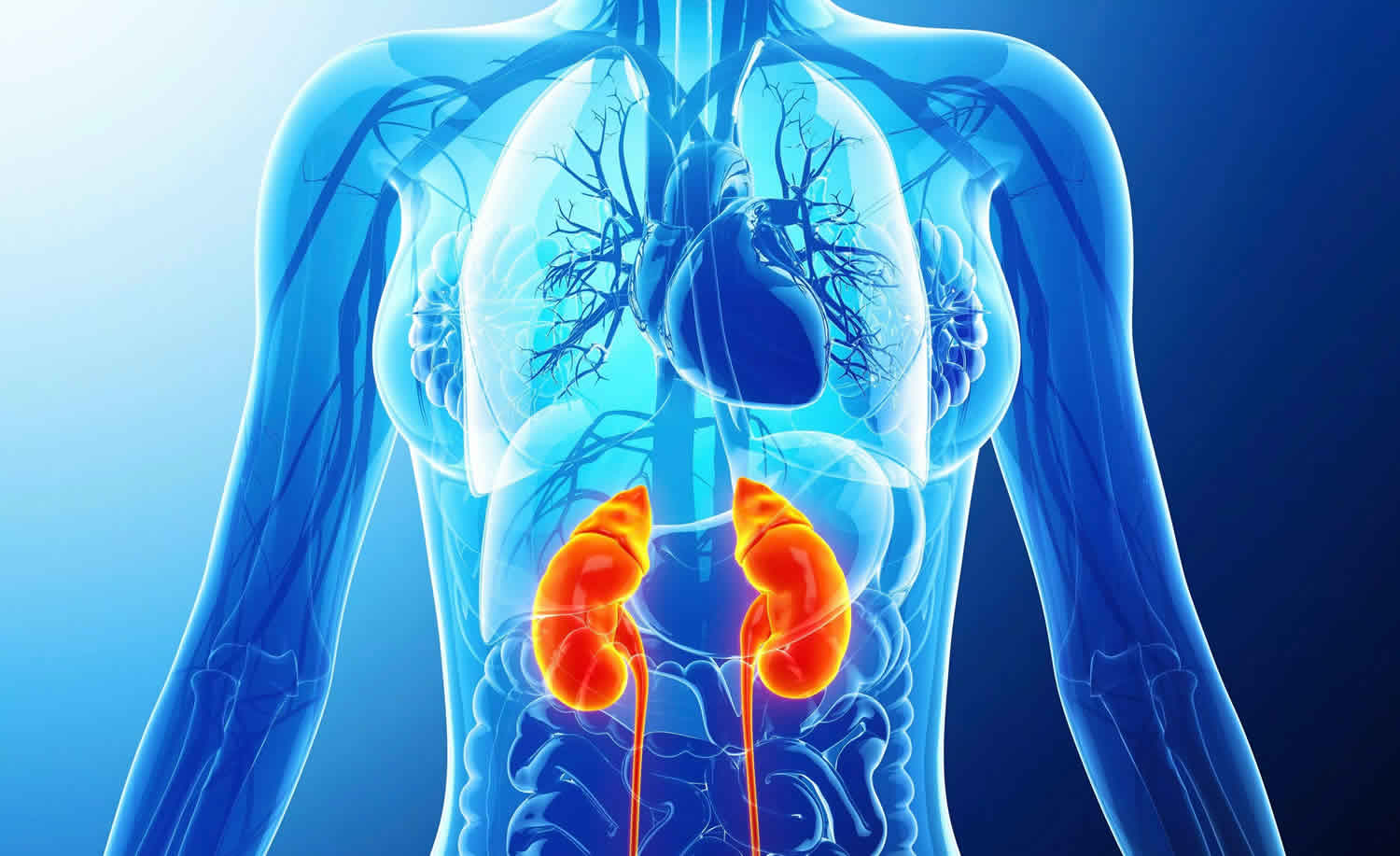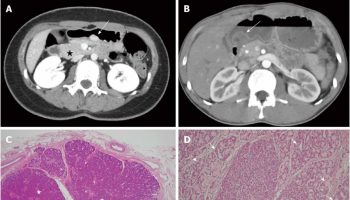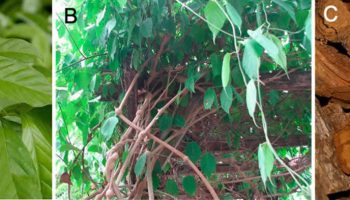Kidney ischemia
Kidney ischemia also known as renal ischemia is the acute reduction of blood flow in one or both kidneys or nephrons that produces hypoxia-induced vascular and tubular dysfunction. An intense and persistent renal vasoconstriction that reduces overall kidney blood flow to approximately 50% of normal has long been considered a hallmark of intrinsic acute kidney injury (AKI), prompting the previous designation of “vasomotor nephropathy” 1. Renal ischemia reperfusion injury is a leading cause of acute kidney injury (AKI), which is still associated with high morbidity, mortality, and increased costs of treatment in both adult and pediatric population 2. Renal ischemia reperfusion injury represents an important risk factor for progression of chronic kidney disease (CKD), which is defined as abnormalities of kidney structure or function, present for more than 3 months 3. A diagnosis of acute kidney injury (AKI) was found to be associated with an 8.8-fold excess risk of later development of chronic kidney disease (CKD) 4. Furthermore, the risk of later development of chronic kidney disease (CKD) increases with the severity of acute kidney injury (AKI) 4. Kidneys are subjected to ischemia-reperfusion injury in different medical conditions, characterized by the interruption of the renal blood flow followed by the subsequent restoration of perfusion, such as vascular and cardiac surgery, trauma, circulatory arrest with resuscitation, and kidney transplantation 5. Ischemia-reperfusion injury after kidney transplantation elicits cascades of pathophysiology processes that result in delayed graft function (DGF) and alloimmune-specific response to the graft, eventually leading to acute rejection and progression to chronic allograft nephropathy 6. Numerous studies conducted so far do not give precise answers on how to treat or prevent kidney ischemia-reperfusion injury implying inflammation and mediators of inflammation as potential target for therapy 5.
Although the pathophysiology of ischemia-reperfusion injury is not completely understood, several important mechanisms resulting in kidney failure have been mentioned. In ischemic kidney and subsequent of re-oxygenation, generation of reactive oxygen species (ROS) at reperfusion phase initiates a cascade of deleterious cellular responses leading to inflammation, cell death, and acute kidney failure 7. Mitochondria, as the major site of reactive oxygen species (ROS) production, are subjects of potential treatment of kidney ischemia-reperfusion injury using mitochondria-targeted antioxidants 8. Besides ROS, reactive nitrogen species, such as nitric oxide, are produced in kidney ischemia-reperfusion injury via the activity of inducible nitric oxide synthase (iNOS), which is considered as one of inflammatory mediators 9. Numerous experimental studies have shown an increased iNOS activity in kidney ischemia-reperfusion injury 10. Inducible nitric oxide synthase (iNOS) and a great array of proinflammatory cytokines, such as TNF-α, IL-1β, IL-6, and chemokines, are mainly elicited by the action of transcription factors NF-κB . This inflammatory response is sterile but shares many similarities with the immune response and inflammation provoked by pathogens 11. Evidence supporting immunological mechanisms involved in pathogenesis of ischemia-reperfusion injury has accrued in recent years, pointing to the activation of both innate and acquired immune response 12. In early phase of ischemia-reperfusion injury, inflammation is alloantigen independent and is characterized by activation of not just only classical cells belonging to what we call the immune system, such as macrophages, dendritic cells, and lymphocytes, but also resident renal cells, such as endothelial cells and tubular epithelial cells, which are extremely sensitive to oxidative stress. Interplay and time-dependent changes between proinflammatory and anti-inflammatory mediators, secreted by kidney resident cells and recruited inflammatory cells, determine the faith of renal injury, namely, tissue repair or progression to chronic kidney disease (CKD) 13.
References- Lameire N, Van Biesen W, Vanholder R: Acute renal failure. Lancet 365 : 417–430, 2005
- Kaddourah A., Basu R. K., Bagshaw S. M., Goldstein SL S. L., AWARE Investigators Epidemiology of acute kidney injury in critically ill children and young adults. The New England Journal of Medicine. 2017;376(1):11–20. doi: 10.1056/NEJMoa1611391
- Venkatachalam M. A., Griffin K. A., Lan R., Geng H., Saikumar P., Bidani A. K. Acute kidney injury: a springboard for progression in chronic kidney disease. American Journal of Physiology. Renal Physiology. 2010;298(5):F1078–F1094.
- Coca SG, Singanamala S, Parikh CR. Chronic kidney disease after acute kidney injury: a systematic review and meta-analysis. Kidney Int 81: 442–448, 2012. doi:10.1038/ki.2011.379
- Kezić A, Stajic N, Thaiss F. Innate Immune Response in Kidney Ischemia/Reperfusion Injury: Potential Target for Therapy. J Immunol Res. 2017;2017:6305439. doi:10.1155/2017/6305439 https://www.ncbi.nlm.nih.gov/pmc/articles/PMC5476886
- Perico N., Cattaneo D., Sayegh M. H., Remuzzi G. Delayed graft function in kidney transplantation. Lancet. 2004;364(9447):1814–1827. doi: 10.1016/S0140-6736(04)17406-0
- Malek M, Nematbakhsh M. Renal ischemia/reperfusion injury; from pathophysiology to treatment. J Renal Inj Prev. 2015;4(2):20-27. Published 2015 Jun 1. doi:10.12861/jrip.2015.06 https://www.ncbi.nlm.nih.gov/pmc/articles/PMC4459724
- Kezic A., Spasojevic I., Lezaic V., Bajcetic M. Mitochondria-targeted antioxidants: future perspectives in kidney ischemia reperfusion injury. Oxidative Medicine and Cellular Longevity. 2016;2016:p. 12.2950503
- Walker M., York J. L., Imam S. Z., Ali S. F., Muldrew K. L., Mayeux P. R. Oxidative stress and reactive nitrogen species generation during renal ischemia. Toxicological Sciences. 2001;63(1):143–148. doi: 10.1093/toxsci/63.1.143
- Kezic A., Thaiss F., Becker J. U., Tsui T. Y., Bajcetic M. Effects of everolimus on oxidative stress in kidney model of ischemia/reperfusion injury. American Journal of Nephrology. 2013;37(4):291–301. doi: 10.1159/000348496
- Chen G. Y., Nuñez G. Sterile inflammation: sensing and reacting to damage. Nature Reviews. Immunology. 2010;10(12):826–837. doi: 10.1038/nri2873
- Satpute S. R., Park J. M., Jang H. R., et al. The role for T cell repertoire/antigen-specific interactions in experimental kidney ischemia reperfusion injury. Journal of Immunology. 2009;183(2):984–992. doi: 10.4049/jimmunol.0801928
- Venkatachalam M. A., Weinberg J. M., Kriz W., Bidani A. K. Failed tubule recovery, AKI-CKD transition, and kidney disease progression. Journal of the American Society of Nephrology. 2015;26(8):1765–1776.





